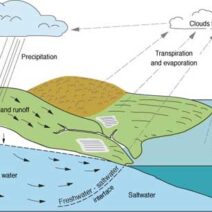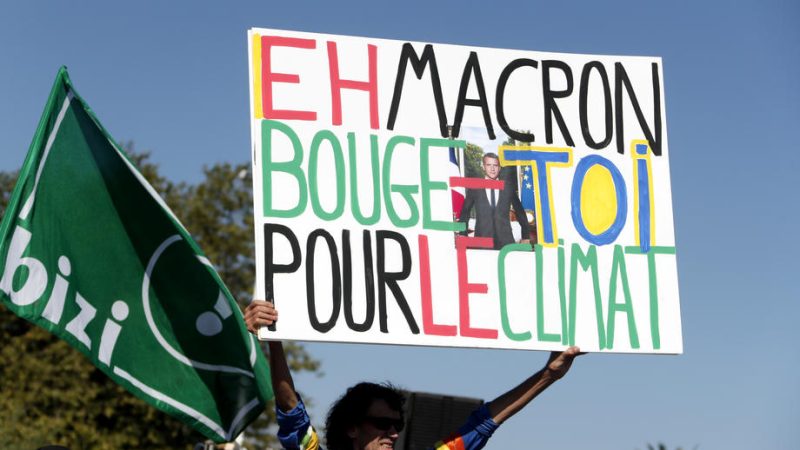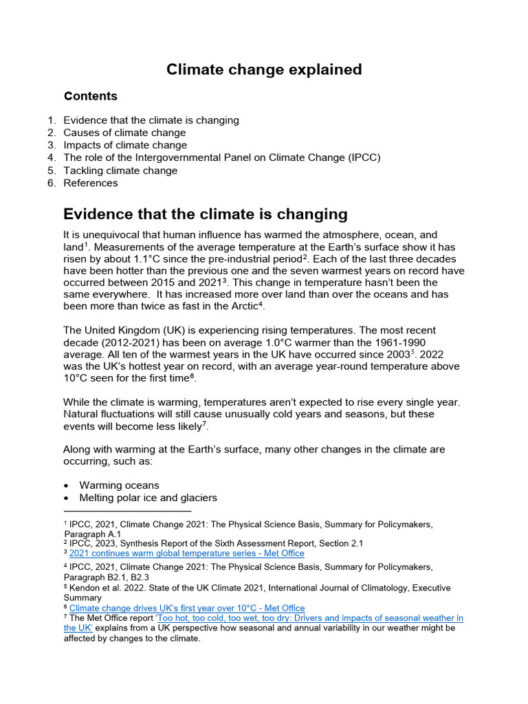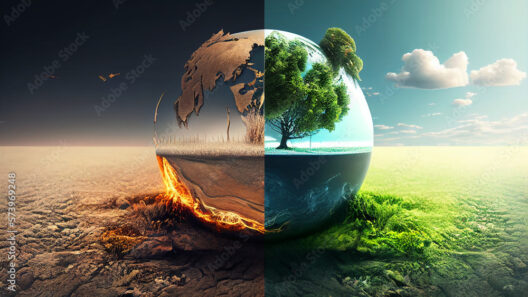Global warming is an omnipresent phrase in the discourse surrounding climate change today. As it permeates conversations across various languages, two prominent European languages, French and Spanish, offer their own interpretations. In French, ‘global warming’ translates to “réchauffement climatique,” while in Spanish, the phrase is rendered as “calentamiento global.” This linguistic exploration leads us to deeper observations regarding the phenomenon of climate change, its implications, and the importance of addressing it universally.
The terms themselves evoke images of rising temperatures, melting ice, and shifting weather patterns. Yet, the fascination with global warming extends beyond mere definitions; it highlights an intricate web of environmental, social, and political factors that shape humanity’s response to this pressing issue. The severity of climate change knows no borders, necessitating a global response, and the way language captures this shared challenge reveals cultural attitudes toward environmental stewardship.
Understanding global warming transcends vocabulary. It involves comprehending the scientific principles that underpin the phenomenon. The Earth’s atmosphere is predominantly composed of gases such as carbon dioxide, methane, and nitrous oxide, which trap heat from the sun. This greenhouse effect is essential for maintaining life on Earth; however, human activities—such as burning fossil fuels and deforestation—have exacerbated this natural process, leading to an increase in greenhouse gas concentrations and consequently global temperatures.
The observance of these rising temperatures is not just an academic concern; it affects every living organism on the planet. From the polar bear’s precarious existence in the Arctic to the decline of coral reefs in tropical oceans, the ramifications of global warming are severe and far-reaching. The impacts manifest through extreme weather events, droughts, and floods, which are becoming increasingly frequent and intense. Such phenomena reveal the interconnectedness of ecological systems, prompting a need for collective awareness and action.
Different countries are experiencing varying effects of climate change, shaping their cultural narratives and responses. In France, for example, authorities have proactively engaged in climate agreements, frequently referencing the term “réchauffement climatique” in frameworks aimed at reducing carbon emissions. The French government’s commitment to the Paris Agreement serves as a cornerstone of its environmental policy, demonstrating a recognition of global interconnectedness. The rhetoric surrounding climate action in France often intertwines with national pride, reflecting a societal obligation to protect the planet for future generations.
Conversely, in Spanish-speaking countries, particularly those in Latin America, the discourse on “calentamiento global” often intersects with social justice issues. Many developing nations are on the front lines of climate change, facing disproportionate impacts despite having contributed the least to the problem. The struggle for survival among indigenous communities and marginalized populations echoes the urgent need for climate justice. This perspective encourages discussions not only about environmental responsibility but also about equity and the need for solidarity across cultures in addressing climate challenges.
As the effects of global warming become undeniable, the urgency to engage citizens in climate action has led to increasingly inventive outreach efforts. Education systems have integrated climate science into curriculums, using diverse teaching methods to reach learners in both French and Spanish-speaking regions. Notably, young activists have adopted social media platforms to spread awareness about “réchauffement climatique” and “calentamiento global,” mobilizing their peers and fostering a global movement. This generational perspective illustrates a departure from traditional narratives about climate change, where interactivity and grassroots initiatives redefine engagement.
Art and culture also function as profound mediums for conveying the realities of climate change. In French cinema, documentaries such as “Demain” explore sustainable practices and solutions, thrusting the conversation about “réchauffement climatique” into mainstream awareness. Similarly, in Spanish-speaking countries, visual and performance art often highlight environmental degradation and resilience, pressing audiences to confront the human impacts of “calentamiento global.” The ability of art to communicate complex scientific ideas through emotive narratives fosters a deeper understanding among diverse audiences.
Moreover, international cooperation is essential in addressing climate change, highlighting the need for multilingual dialogue. Initiatives like the United Nations Framework Convention on Climate Change (UNFCCC) emphasize multilingualism, allowing discussions surrounding “réchauffement climatique” and “calentamiento global” to reach a broader audience. The complexity of climate change requires multifaceted solutions and collaborative efforts that transcend linguistic barriers, demonstrating the power of language to unite global citizens in a common cause.
Despite the daunting reality of global warming, optimism persists. Renewable energy sources, sustainability practices, and innovative technologies present pathways toward mitigation and adaptation. The transitions toward greener economies reveal a profound commitment to reversing damaging trends, proving that proactive measures can alter the trajectory of climate change. This shift reflects a growing recognition of our collective responsibility to care for our planet and future generations.
Ultimately, the concept of global warming, whether articulated as “réchauffement climatique” in French or “calentamiento global” in Spanish, signifies a universal truth: climate change is a shared challenge that demands our attention and action. Words alone cannot encapsulate the urgency of the issue, but they can serve as catalysts for conversations that transcend cultural boundaries. The intertwining narratives of different countries illuminate the multifaceted nature of climate change and the diverse responses it elicits. Our ability to engage with this knowledge and advocate for collective solutions may very well determine the fate of our planet.







